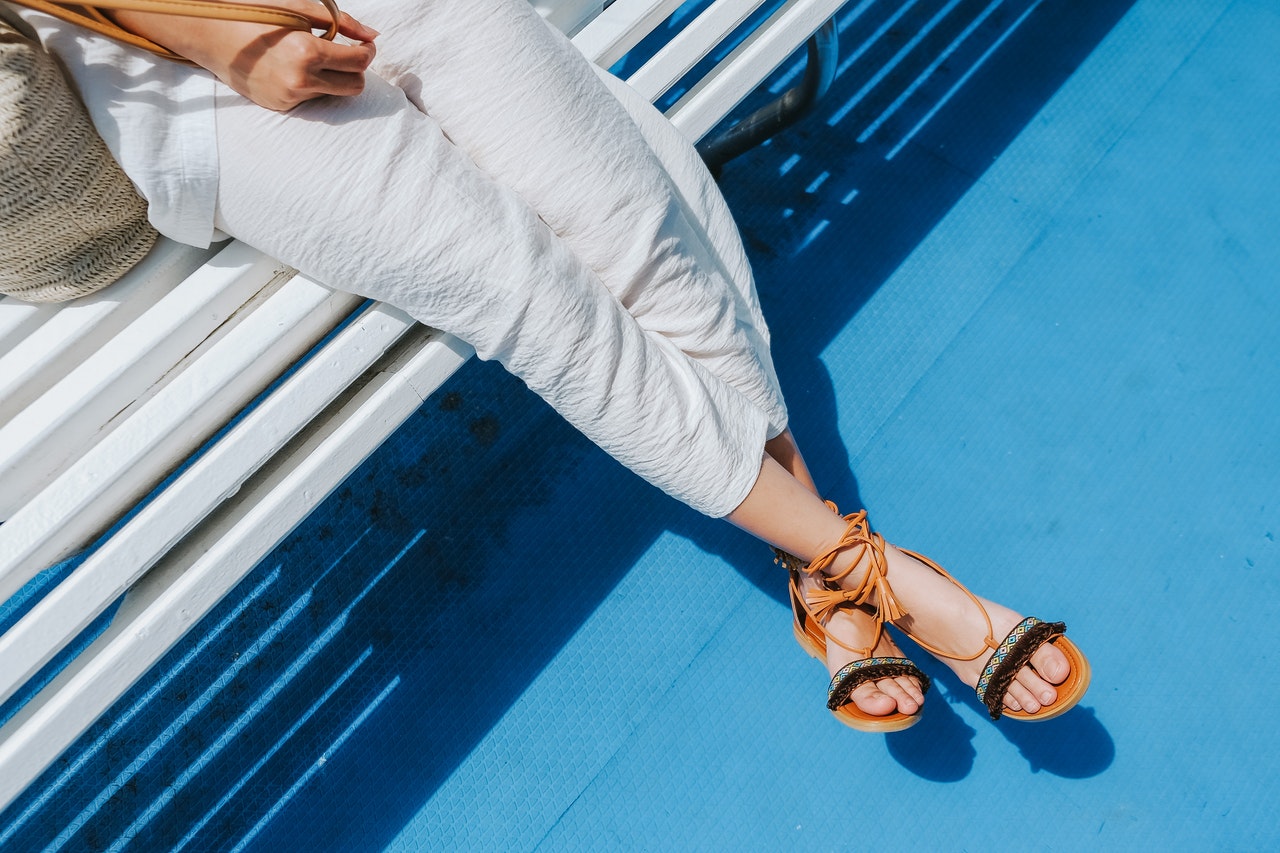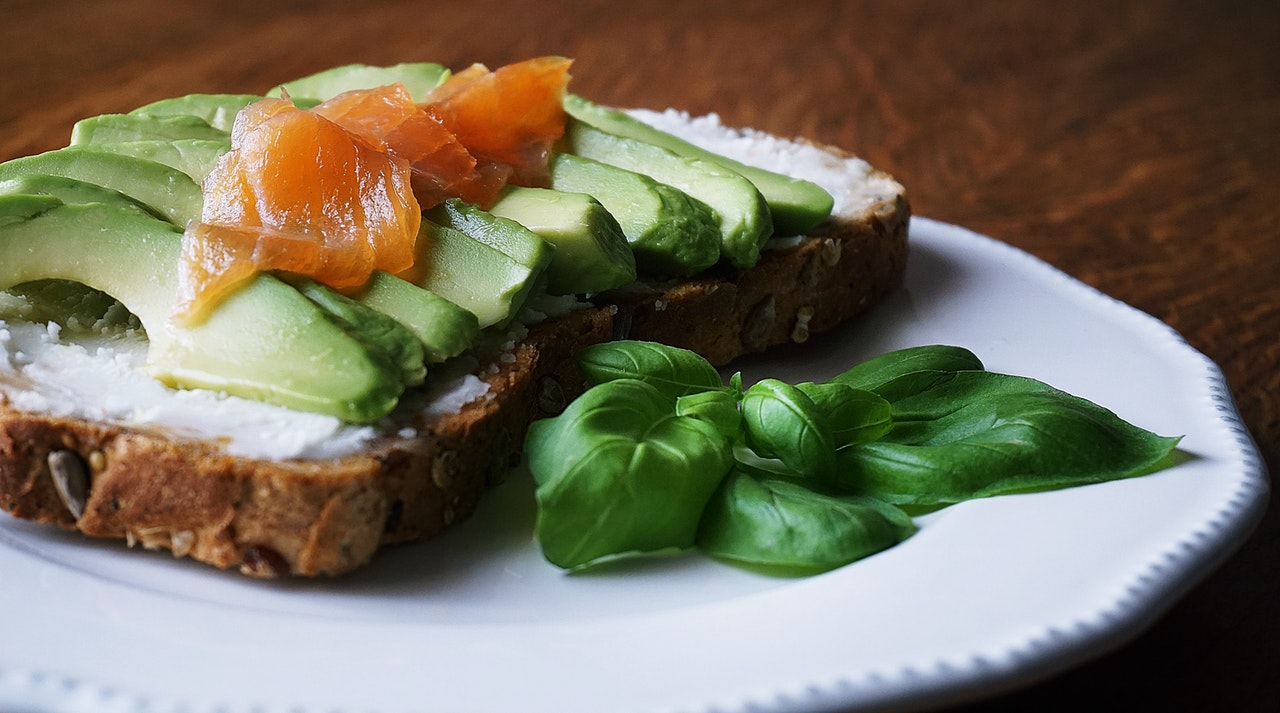Is Itching a Symptom of Varicose Veins?
If you are experiencing unusual itchiness on your legs and you have varicose veins, the two could be related. You may be wondering how itchy legs could be correlated to varicose veins since itching is usually considered to be a skin problem rather than a vein issue.
When you have varicose veins and itchy legs, it may be a sign that you have developed a condition called venous stasis dermatitis.
We will go over how itching can be related to varicose veins and what you can do to prevent or alleviate the discomfort.
What Can Make Varicose Veins Feel Itchy?
Although varicose veins are a vascular condition, they can lead to health problems affecting other areas of the body. Leg itching that occurs in conjunction with varicose veins is often an indication of venous stasis dermatitis. Complications associated with vein disease can eventually impact the skin in the area of the affected veins.
Here is how it works:
- When you have varicose veins, your veins are swollen and less efficient at pumping blood up the legs and back to the heart.
- This leads to blood pooling up in the legs and putting increased pressure on the blood vessels.
- Over time, this can weaken your veins and the pooled blood can start to leak out into the surrounding skin.
- This leakage combined with vein inflammation can interfere with your skin’s ability to receive the oxygen it needs, leading to the skin and vein condition known as venous stasis dermatitis.
When venous stasis dermatitis develops due to your skin being starved of oxygen, the skin around the varicose veins becomes irritated, red, and itchy. Rubbing or scratching the area can exacerbate your condition and reddish or purplish skin sores can develop. Sometimes the sores ooze fluid, then scab over and form a scaly, crusty layer that can be incredibly itchy. Scratching makes it worse, and the itch-scratch cycle continues.
As venous stasis dermatitis can be a particularly uncomfortable and unsightly condition, you will want to address itchy legs with your doctor and incorporate healthy habits into your life to protect the health and appearance of your legs.
How You Can Relieve Itchiness from Varicose Veins?
If you are experiencing itchy legs along with varicose veins, you should make an appointment with your doctor to monitor your condition. In the meantime, you can alleviate your discomfort by administering home treatments.
Here are some ways you can alleviate leg itchiness associated with varicose veins at home:
- Apply an anti-itch cream like hydrocortisone to the affected area to soothe the dryness and itchiness of the skin.
- Take an antihistamine to calm the itching. These may also make you sleepy, so be mindful not to take them before driving or operating machinery.
These over-the-counter medications can help relieve your leg itchiness, but they are not a cure for venous stasis dermatitis. Left untreated, leg sores can develop and become infected, so it is important to follow up with your doctor for the appropriate treatment.
How is Venous Stasis Dermatitis Treated?
When you visit your doctor about leg itchiness associated with varicose veins, they examine you and determine if it is indeed venous stasis dermatitis. If this is the case, there are several methods of treatment that may be used.
Depending on the severity of your venous stasis dermatitis, your doctor may recommend:
- Antibiotics for sores that have become infected. These may be prescribed in either pill or cream form.
- A protective dressing may be placed over open wounds to promote healing and prevent further infection.
- Compression stockings or socks may be recommended by your doctor to protect your legs from additional complications due to varicose veins.
To help your legs heal from venous stasis dermatitis, keep the skin protected and refrain from scratching or otherwise irritating the area.
How Can You Prevent Itchy Legs from Varicose Veins?
There are some lifestyle changes you can make to help support your vein health whether or not you already have varicose veins or venous stasis dermatitis. Practicing these habits can help prevent symptoms of vein disease or alleviate symptoms that have already developed. Even if you are already experiencing the complications of vein disease, it is never too late to start practicing healthy vein habits. These can help keep your condition from progressing further, so the time to start is now!
Here are some ways to support your vein health to prevent complications like itchy legs:
- Move your body often – Improving blood circulation is a major component of supporting vein health. Regular low-impact exercise helps to boost circulation as well as assist with weight management to alleviate excess pressure on the leg veins. In addition to your exercise sessions, you should be moving frequently throughout the day. Taking short walks and doing chores around the house are a couple of good ways to fit in brief bursts of movement during the day.
- Wear compression socks or stockings – This specially designed hosiery applies firm pressure to your legs to help encourage blood flow back to the heart rather than pooling up in the legs. You can find these in knee-high and thigh-high versions. It is especially helpful to wear compression socks when you will be on your feet all day. They can help prevent the achy, heavy feeling and swelling you may get in your legs in the evening.
- Elevate your legs – Take some time each day to put your feet up. Place a pillow under your legs while sitting or sleeping to help promote blood flow back up the legs.
Should You Consider Varicose Vein Surgery to Eliminate Itchy Legs?
If the above treatments and changes in lifestyle habits do not relieve your leg itching, it may be time to consider surgery. You have a variety of options to treat varicose veins surgically and your doctor can help you decide which would be best for your condition.
Some of the medical procedures available for treating varicose veins include:
- Sclerotherapy – This procedure involves the injection of a sclerosant, or irritating solution, into the varicose vein. The irritation will lead to scar tissue forming and eventually closing off the vein. As the vein slowly disappears over the next three to four months, blood will be rerouted to the surrounding veins.
- Laser treatment – This involves a small incision in your leg through which a catheter is inserted to guide a laser through the affected vein. Heat from the laser is applied to close off the vein.
- Varicose vein removal – This can be done through vein stripping or an ambulatory phlebectomy, depending on the severity and location of the varicose veins. A series of incisions are made in the skin and the vein is removed.
Summary
Now you know how varicose veins can cause itchiness on the legs. Awareness of the symptoms of varicose veins and what makes you more susceptible to them can help you make the changes you need to promote the health of your veins. As much as home treatments can help alleviate the symptoms of varicose veins, they are not likely to eliminate the veins. Leaving varicose veins untreated can lead to future complications, so it’s important to address them.
While a healthy diet and lifestyle changes are extremely helpful for decreasing the appearance of varicose veins, it’s important to seek out professional care if the problem persists. If you’re experiencing symptoms from varicose veins that don’t respond to diet and lifestyle changes, contact us today to book an appointment.





